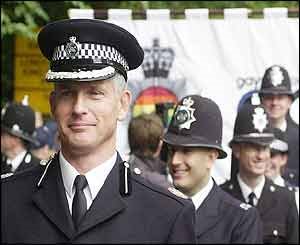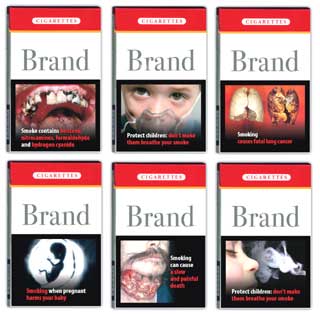New group aims to stall Central Plains Water project
A new bid has surfaced to sink the huge Central Plains Water (CPW) project.
A new group called Save Our Water has formed on an anti- CPW platform which also aims to close the tap on commercial use and abuse of water.
Party spokesman Ryan Garland, one of its four candidates running in the upcoming Environment Canterbury election, said water issues had become too important to ignore in Canterbury.
"There would seem to be growing awareness about the pending threat to our water quality and quantity but there needs to be more action and more policy put in place – and Canterbury needs to vote for people who will actually do that," said Garland.
Garland, a Telecom sales representative, is new to politics, as are his co-campaigners Lois Griffiths, David Sutherland and Richard Tindall, all of Christchurch.
Although the party aims to defeat the $400 million irrigation scheme for central Canterbury, its water concerns go beyond it. The party wants to bring in tighter regulations and protections around water use overall.
Garland said lax standards and attitudes, as well as the proliferation of large-scale dairying, posed a mounting threat to water quality and quantity.
This week, Canterbury's medical officer of health, Dr Alistair Humphrey, said there were huge unexamined health impacts related to the project, including the possible explosion of waterborne diseases.
Scientists have warned that the project – which would irrigate 60,000ha of farmland between the Waimakariri and Rakaia rivers – could exacerbate already growing incidences of cryptosporidium and campylobacter.
Save Our Water has three key policies aimed at curbing water depletion and pollution:
* To introduce mandatory metering for all water permits.
* To impose a moratorium on future consents, until long-term implications are better understood.
* The implementation of a "resource rental use" policy, which would require groups drawing large amounts of water from the river to pay a fee.
New Zealand news on Stuff.co.nz












